Director of the General Education Department Thai Van Tai reports on primary school enrollment and assessment of the implementation of Circular 29
The Ministry of Education and Training (MOET) informed that Circular 29 has received high consensus and special attention from society, so it was quickly grasped and promptly implemented, meeting society's expectations. Localities, schools, teachers, and parents are more aware of the consequences and harms of rampant extra teaching and learning on students, parents, schools, and the whole society.
The team of managers and teachers have a fuller and clearer awareness of the responsibility and importance of formal teaching, the responsibility in supporting students to ensure the quality of education; the responsibility and importance of equipping students with the awareness of self-study, autonomy, and self-awareness in educational activities.
The Ministry has directed localities to strengthen inspection, examination and supervision of the implementation of regulations on extra teaching and learning; establish an inspection team and conduct direct inspections in 6 provinces and cities: Hanoi, Quang Tri, Hai Phong, Bac Giang, Thai Binh and Ho Chi Minh City; review and grasp information to promptly amend, supplement and perfect the Regulations on extra teaching and learning, ensuring suitability with reality and meeting requirements in the new situation.
There are 4 provinces nationwide that have issued regulations on extra teaching and learning at the provincial level, based on Circular 29 (Long An, Ca Mau, Hai Duong and Binh Duong).
The Ministry of Education and Training (MOET) held a conference to deploy early-level enrollment, organize high school graduation exams and evaluate the implementation of Circular 29/2024/TT-BGDDT regulating extra teaching and learning.
Circular 29 limits the widespread and illegal extra teaching and learning situation. Schools focus on improving the quality of teaching and learning in the official curriculum, ending paid extra teaching in schools, creating conditions for students to access knowledge without pressure on studying and finances. At the same time, strict regulations on teachers who are not allowed to teach extra classes contribute to ensuring fairness in education.
However, there are still localities that are slow to issue guidance documents and promulgate local regulations, leading to confusion in implementation; coordination between departments and branches in implementing regulations on extra-curricular teaching in some places is not timely, so a number of teachers who need extra teaching are confused and worried.
The direction for educational institutions to adjust their school's educational plans to comply with the provisions of the Circular in some places was not timely and ready from the time the Circular was issued; a number of teachers and managers did not fully understand the provisions and spirit of Circular No. 29. Meanwhile, the document guiding teaching 2 sessions/day did not meet the requirements of the 2018 General Education Program and needed to be changed and adjusted.
The Ministry of Education and Training also proposed a series of solutions for localities to effectively implement Circular 29. Specifically: Continue to strengthen direction and propaganda on the content and meaning of Circular No. 29; improve the effectiveness of professional work; increase investment in facilities to ensure 2 sessions/day.
In particular, the Ministry of Education and Training directs the Departments of Education and Training to advise the provincial People's Committees to allocate budget sources and increase the mobilization of social resources to build enough schools and classes and ensure quality so that all students of universal education age can go to school, reduce pressure on enrollment, and resolutely not let students of universal education age have no way to go to school. Provide appropriate funding support for educational institutions to organize review and training for students, contributing to improving the quality of education, especially for students who still have difficulties in studying, final year students, disadvantaged groups, students from difficult family circumstances, students from ethnic minority and mountainous areas, and areas with particularly difficult socio-economic conditions.
According to VTV
Source: https://baothanhhoa.vn/19-tinh-thanh-chua-gui-bao-cao-ve-tinh-hinh-day-them-hoc-them-243886.htm


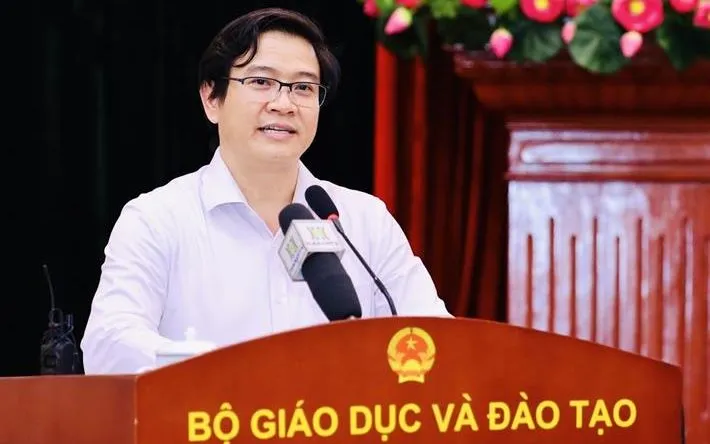
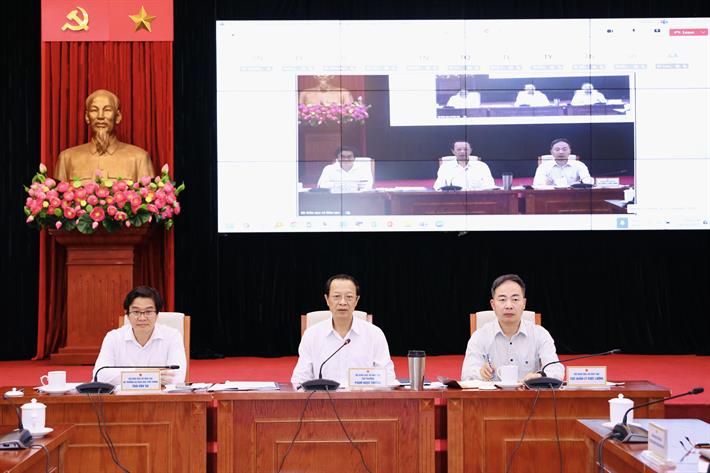


![[Photo] General Secretary To Lam receives US Ambassador to Vietnam Marc E. Knapper](https://vstatic.vietnam.vn/vietnam/resource/IMAGE/2025/3/31/5ee45ded5fd548a685618a0b67c42970)
![[Photo] 2nd Conference of the Party Executive Committee of Central Party Agencies](https://vstatic.vietnam.vn/vietnam/resource/IMAGE/2025/3/31/8f85b88962b34701ac511682b09b1e0d)
![[Photo] Speeding up construction of Ring Road 3 and Bien Hoa-Vung Tau Expressway](https://vstatic.vietnam.vn/vietnam/resource/IMAGE/2025/3/31/f1431fbe7d604caba041f84a718ccef7)
![[Photo] Prime Minister Pham Minh Chinh receives delegation of leaders of US universities](https://vstatic.vietnam.vn/vietnam/resource/IMAGE/2025/3/31/8be7f6be90624512b385fd1690124eaa)
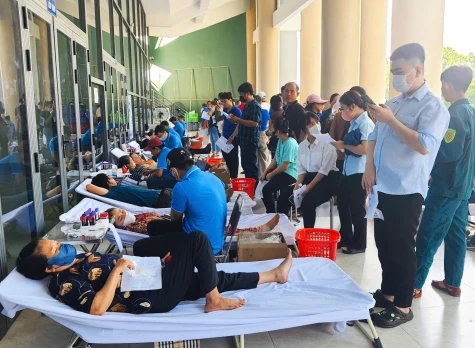
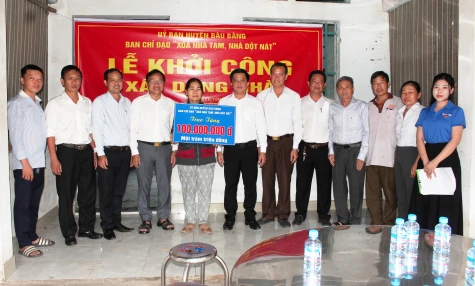
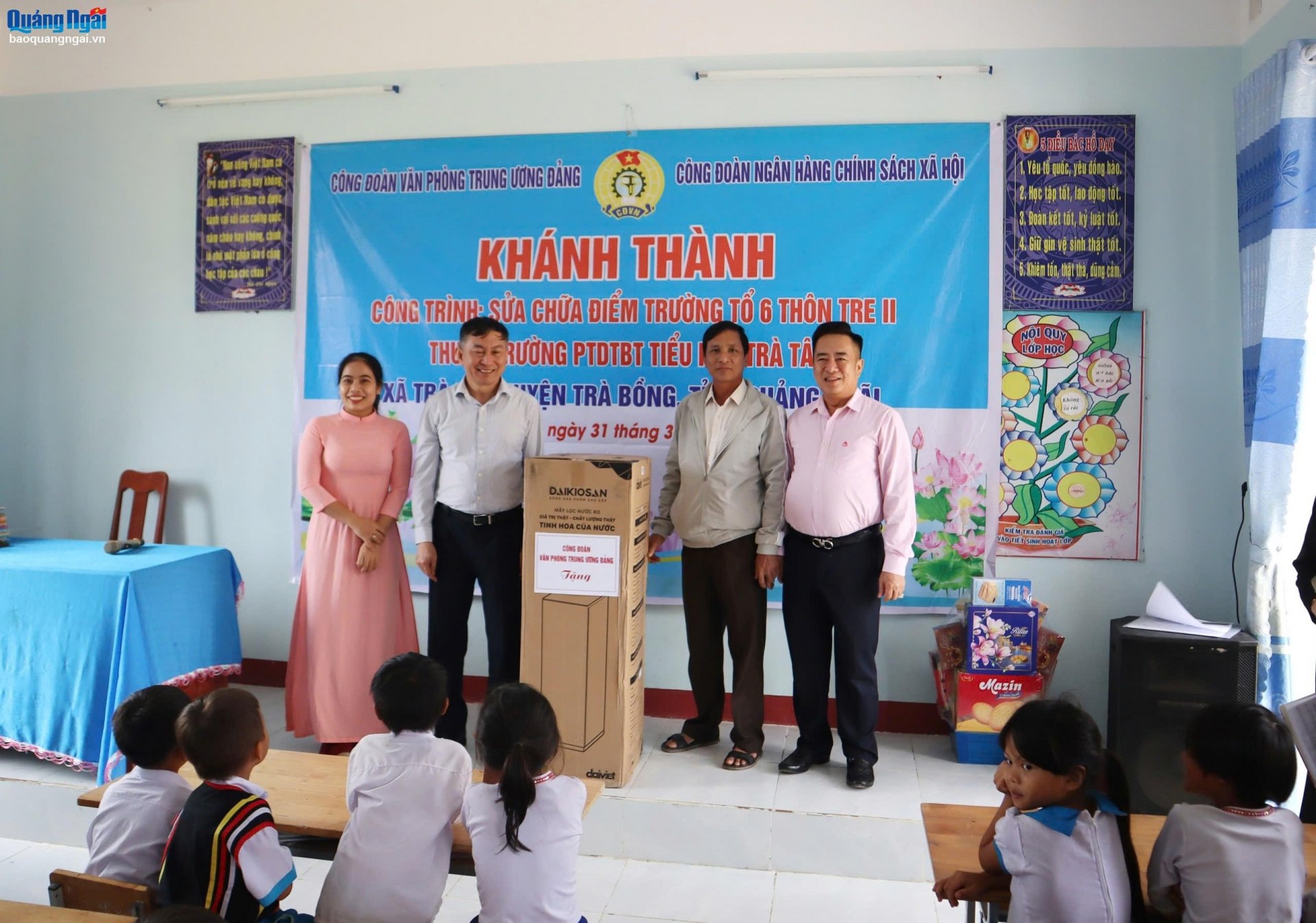
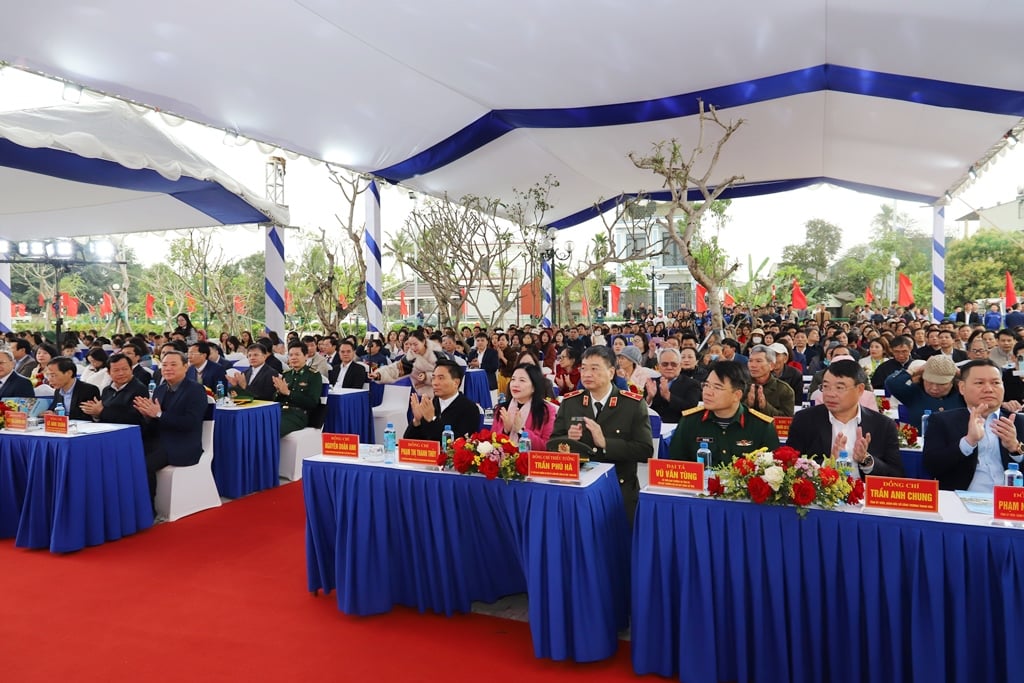
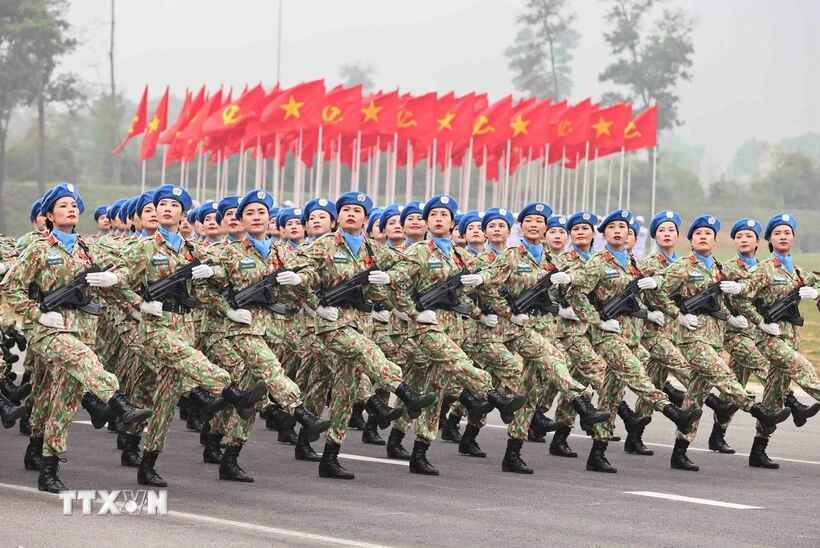




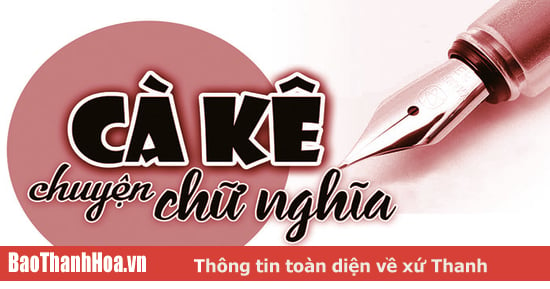
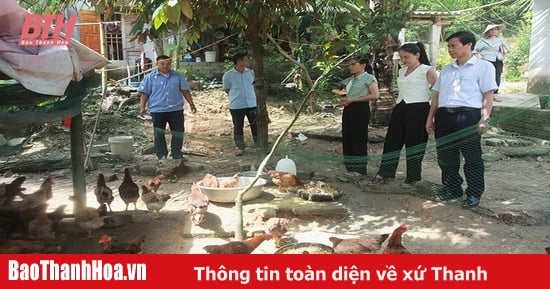
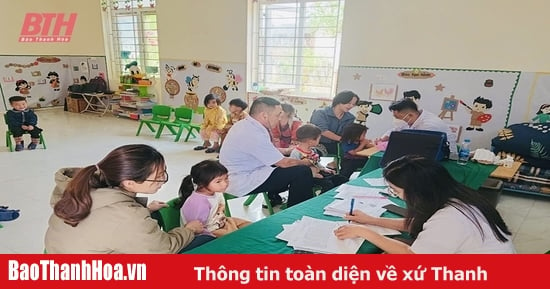
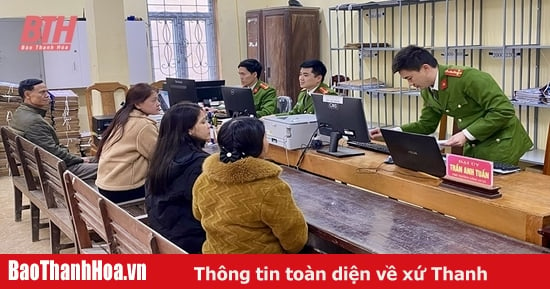
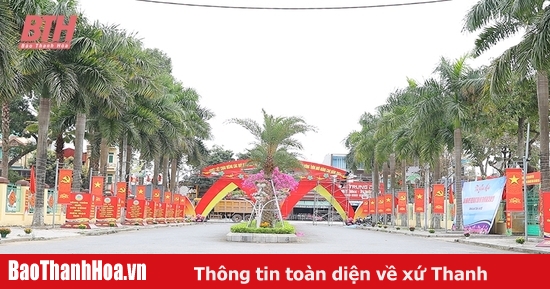
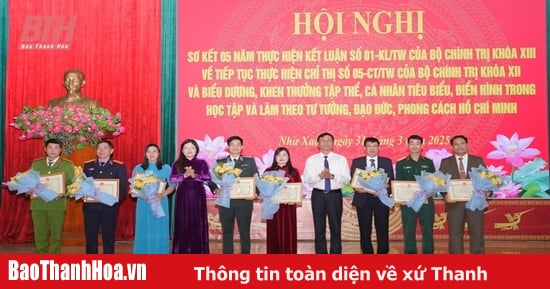

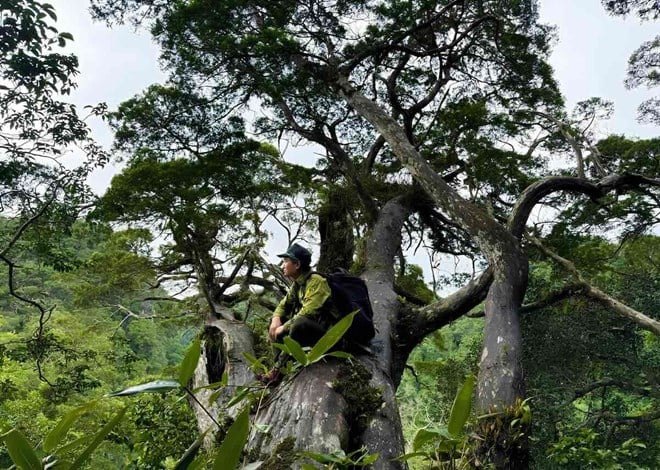











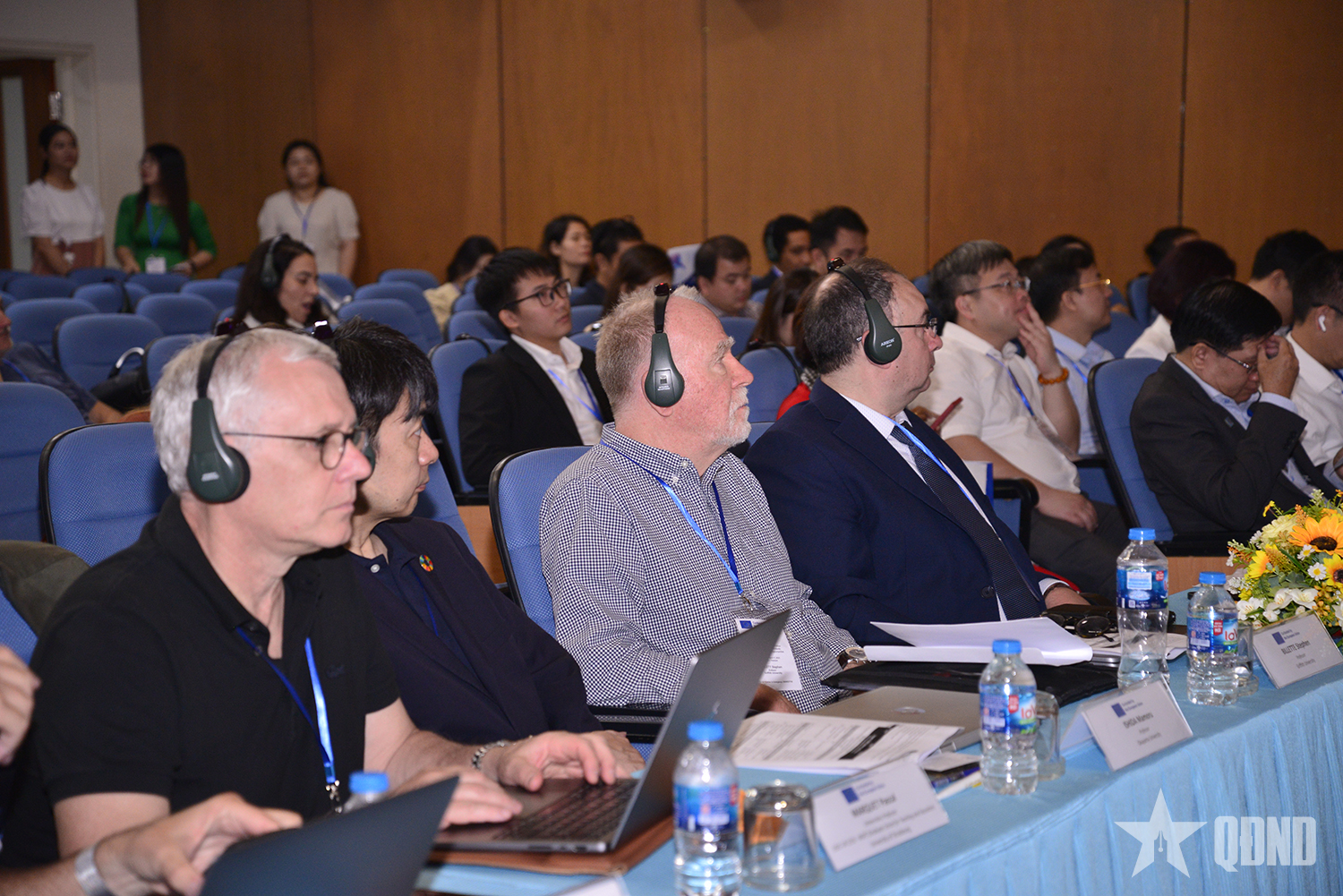




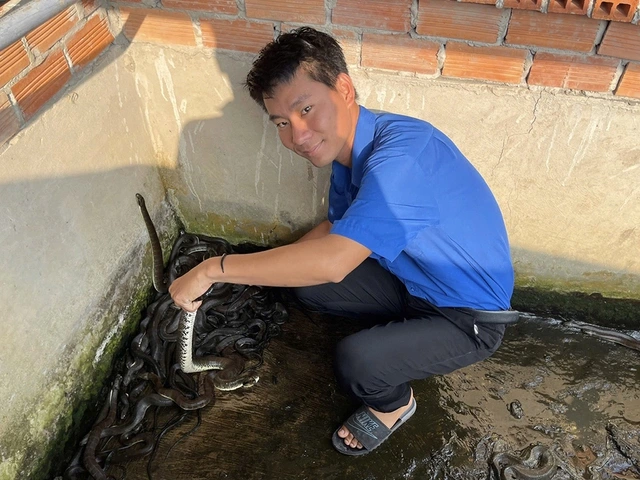




















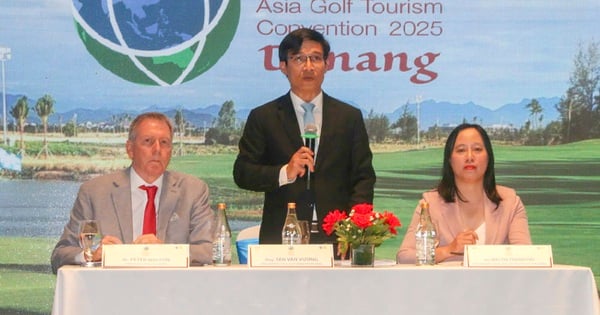

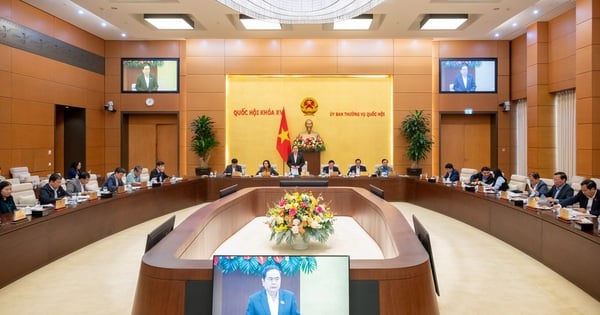
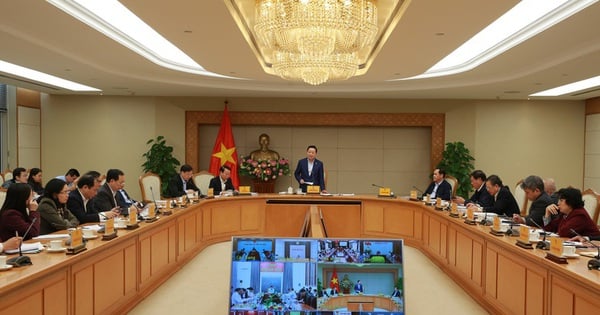
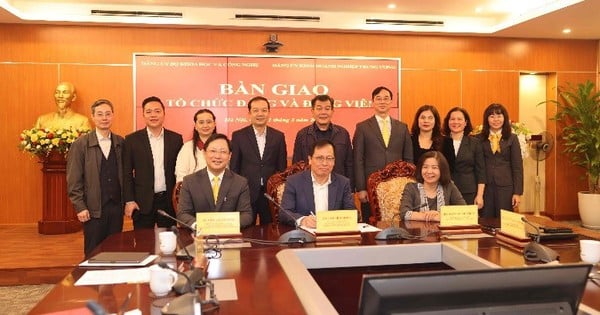




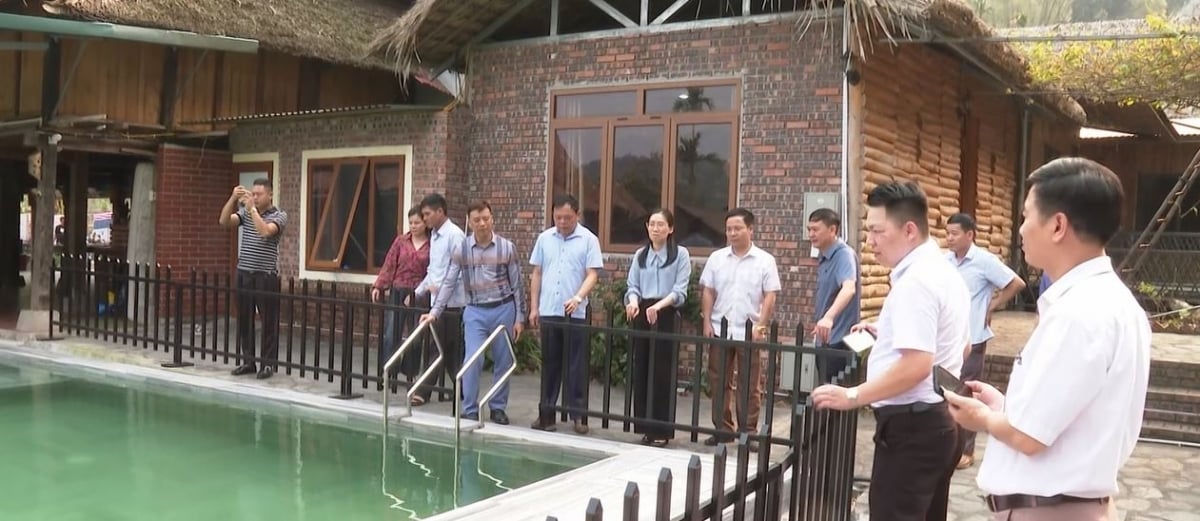



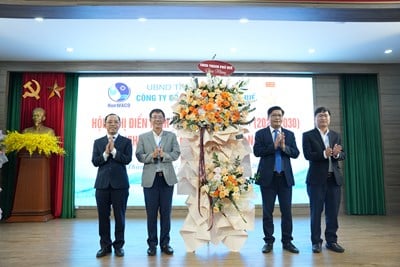
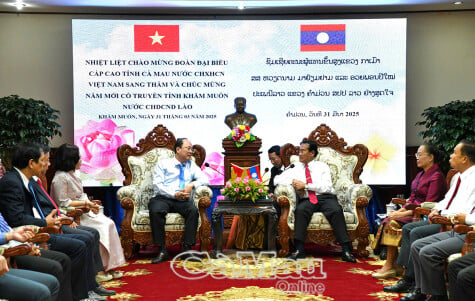










![[REVIEW OCOP] An Lanh Huong Vet Yen Cat](https://vstatic.vietnam.vn/vietnam/resource/IMAGE/2025/3/27/c25032328e9a47be9991d5be7c0cad8c)
Comment (0)